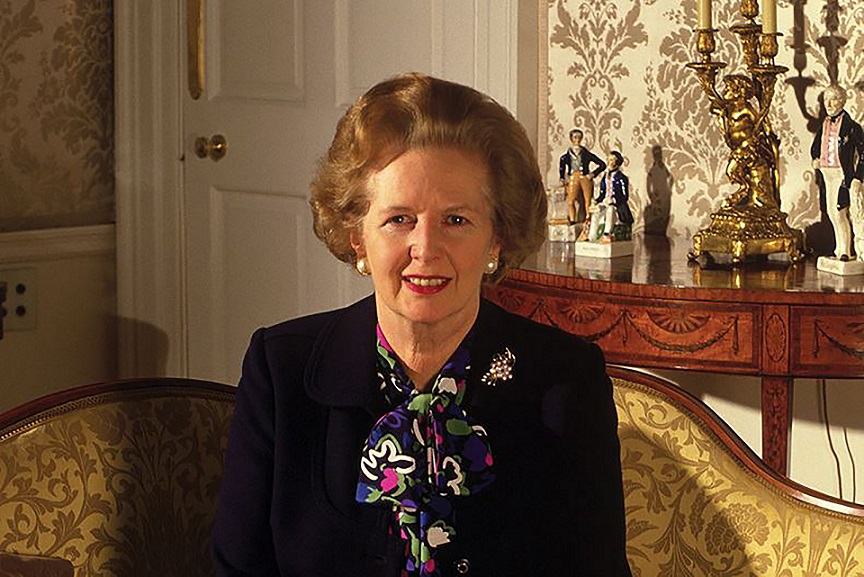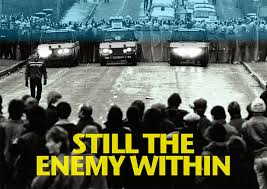The Scottish producer Owen Gower talked about his film “Still the enemy within”. His first documentary film as a director was on the miners’ strikes that ravaged the country years ago.
“We knew people who had lived through the strikes themselves, with experiences that had to be told” is Owen Gower’s response to how the idea came about. “My generation doesn’t really know the problem, I wanted to leave that legacy.”
He adds, “so the title of the film contains ‘still’ because it is a problem that has not gone away, the movement still stands.”
With many years of experience in television, and several awards highlighting his career as a producer, Gower directed “Still the enemy within”, a political documentary where the British people are the protagonists in an attack on the Thatcher government.
The Prime Minister’s government decided at one point to close a high percentage of mines across the UK with the excuse of excess production and decreased demand.
But it is also said that it was a plan against the National Union of Mineworkers (NUM), who had achieved great social and political power. The consequences of the closures brought mass demonstrations that lasted about a year.
“We had to give a voice to those people who did not have one at that time and have kept silent for 30 years,” he says. “Margaret Thatcher had all the media available to her, and therefore we have only focused on the people, on their experiences.”

Both Gower and Mike Simons, writer and photographer, created the documentary from material that they had, and the people who they knew and who had lived through union strikes. “We wanted to do something interesting with the material,” says Gower.
They wanted to share that legacy with future generations. “I grew up in Scotland, in the area where the most strikes occurred. My generation doesn’t really know what that meant, we want to tell that part of our history” says the director.
But for him and his team it was not an easy road. Funding problems were present from the beginning of the film’s production. “Thanks to individual initiatives we managed to survive, a large part came from private investment, small investors and brands that took a risk on the project but the key was the support of the union.”
The interviews that were conducted with the protagonists also presented a challenge, because people who had never spoken publicly about what happened were questioned.
“There were lengthy interviews, in which we asked them to tell events in order and they began to recall memories, surfacing feelings of longing and resentment” says Owen.
“For them it was very important what we did, for the first time in 30 years, we gave them a voice, they were telling their side of the story. The recording process made them see themselves again at the time, and it left them excited,” he adds.

During the film you can see footage at the end where the protagonists have to stop talking overcome by the accumulation of emotion as they tell their experiences, many of them portrayed by the director using re-enactment.
“There were no cameras in those moments that captured their experiences, so we thought we would create them ourselves. We thought it was interesting to display on screen. They became very natural, without dialogue and black and white, minimalist, without anything artificial.”
The documentary film was awarded the audience prize at the “Sheffield Doc/Fest 2014” and was on the 4th of October 2014, in Leicester Square, London.
“Still the enemy within” could have been many films, there are many stories behind the strikes, many people” says director “with this project, I learned a lot to focus future projects where there are political issues involved.”
(The Prisma’ memoirs. October, 2014)
(Translated by Grace Essex: grace.essex@gmail.com)













.jpg)












